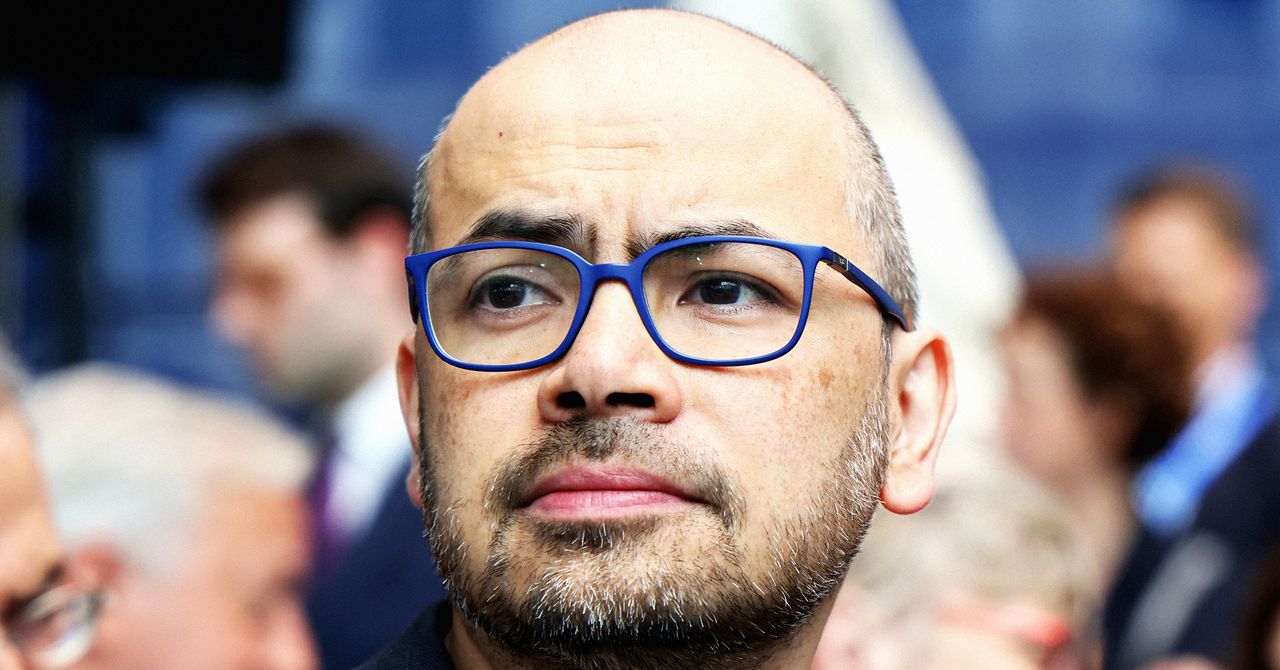Rachel Reeves chose to stress the long-term damage done to the UK economy by the 2020 Brexit deal, in her remarks at a key international economic committee at the International Monetary Fund (IMF).
In remarks published this weekend, the chancellor told the world’s leading finance ministers and central bankers: “The UK’s productivity challenge has been compounded by the way in which the UK left the European Union.”
She quoted the OBR’s calculation of a 4% long-term hit relative to remaining in the EU, and said the UK “acknowledges this” in seeking stronger trade ties.
Labour had been reluctant to stress arguments about economic downsides from Brexit.
However, since its conference last month, ministers have been increasingly strident in making such arguments.
The open use of this argument in the most high-level global economic policy council, including the G7, China, India, the EU and European Central Banks, would have been unsurprising around the table. It confirms a notable change of emphasis, domestically.
It is expected to become a key part of the government’s argument in the run-up to the Budget on 26 November, where a large part of the need for new measures – expected to be tax rises – will be down to a downgrade to long-term UK productivity.
The Office for Budget Responsibility will be expected to spell out in detail why any downgrade has occurred, when it publishes its forecast at next month’s Budget.
Brexit is expected to feature. External economists have pointed to a fall in investment amid uncertainty after the referendum, as well as an underperformance on goods trade. Others point to robust services trade, and new freedoms to do trade deals around the world.
The issue is sensitive right now with government deciding on negotiating positions for the Brexit “reset” including scrapping most post-Brexit checks on food and farm trade, and helping UK manufacturers join consortia to bid for Europe’s surging defence budgets.
European ministers urged maximum ambition in the talks to help mitigate the impact of trade wars elsewhere in the world.
Reeves announced tax rises worth £40bn a year at her first Budget last November, including hikes to payroll taxes paid by employers, and insisted she would not have to repeat the move in subsequent years.
But the chancellor is now facing the prospect of another repair job to the public finances.
The Conservatives opened up a clear dividing line on the issue at their conference, pledging to slash public spending by £47bn a year if they win the next election through cuts to welfare, the civil service and foreign aid.


